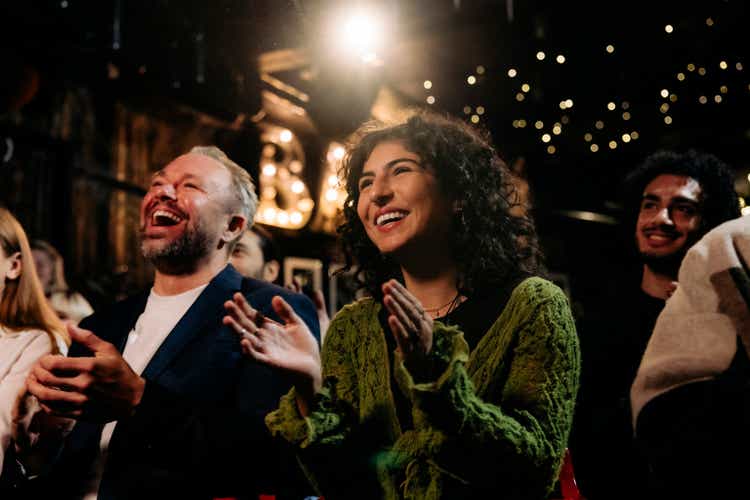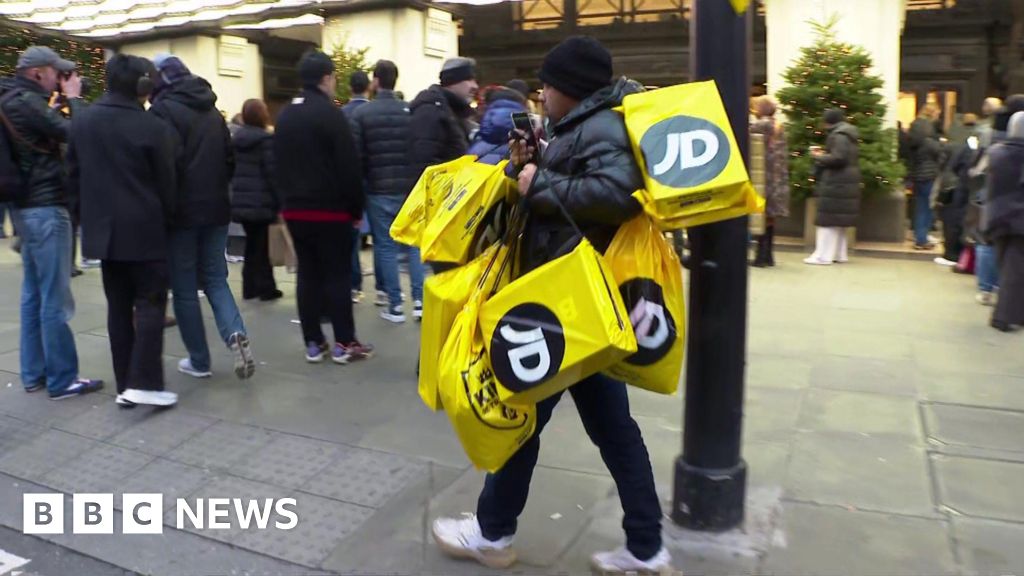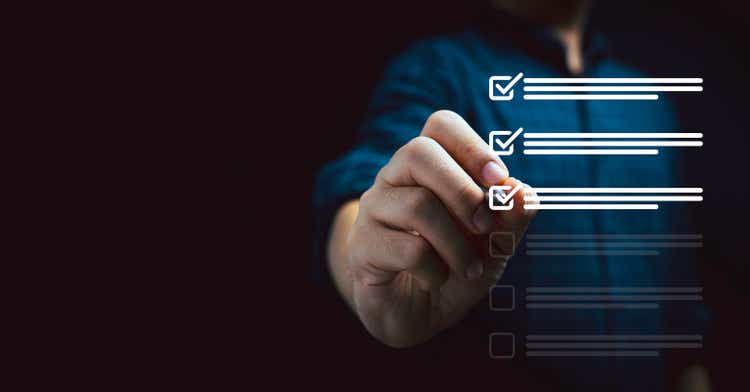
After many years as a freelance writer and editor, the writing was on the wall for me to look for more stable work. My freelance gigs were drying up, the pressure to hustle was increasing and my frustration was building. After a person I was due to interview for a story declined because my request “does not spark joy” for them, I realised freelancing full-time was not sparking much joy for me any more either.
The appeal of a steady income, superannuation, complimentary tea and – dare I dream – a Monte Carlo or two, had me trawling job sites looking for that perfect gig. I soon realised I needed to adjust my expectations, and I’m not just talking about downgrading my Monte Carlo dream to a Malt-o-Milk. Searching for a job day and night is one thing.

Being answerable to a robot is another thing entirely. Credit: Getty Images Much had changed since I’d last searched for a job six years ago. For one thing, due to a sluggish economy and a rapidly changing communications industry due to AI, competition was fierce.
After months of not getting responses to my applications, my self-esteem dropping day by day, I stumbled upon “how you compare” analytics and discovered that one of the roles I’d put myself forward for had received 545 applications, another 643. It was both alarming and somewhat reassuring to know what I was up against. I kept plugging away, applying for jobs I was overqualified for, underqualified for and just right for.
I fell asleep at night looking at job search alerts, and checked for new ones first thing each morning. I spent hours finessing my cover letters, addressing key selection criteria and tailoring my CV to each role. This I expected.
What I hadn’t anticipated were the many new hoops that recruiters make job hunters jump through. The most infuriating were the personality tests. After applying for one job, I was initially excited to receive an email back from their recruitment team within the hour.
It turned out I’d made it to the next round for a “virtual interview”, which consisted of an AI interviewer firing behavioural-based questions at me, as I obediently replied with the required 50 characters or more. Afterwards, I received an email with the chatbot’s summary of my character: I love change (I don’t), I have high expectations (I haven’t) and I would love a fast-paced environment (I wouldn’t). To add insult, it added tips on how I could improve aspects of myself.
I started to understand why Sarah Connor was so intent on destroying all AI in Terminator 2 . There was also the digital skills assessment, where I needed to do an online module to prove I knew how to use a computer before I would get an interview. One minute I was writing “20 years of communications experience” on my CV, the next I was staring at a photo of a phone, a mouse and a joystick, and being asked which moved the computer cursor.
I dutifully clicked on the mouse, cursing myself. Then there were the fake job ads. There is a special place in hell for whoever is making candidates submit their applications, hoping this role might be the one that takes them out of unemployment, underemployment or a terrible job situation, for a job that does not actually exist.
A 2024 US study by MyPerfectResume found that 81 per cent of recruiters post fake job ads, some of the reasons being to create the impression the company is growing, to make employees feel replaceable, and to collect data. I took solace in the /recruitingthell Reddit community. I unwound for the day by reading posts from recruiters complaining about AI-written cover letters, and jobseekers complaining about AI-written job ads.
The confessions from recruiters using AI to scan for keywords in applications rather than reading them were enlightening. I relished the vitriol recruiters got in this subreddit, as other disgruntled jobseekers tore them to shreds. Burnt out in search for a job, we were thirsty for blood.
I did get some real interviews. In one, I made it through two rounds, the last of which ended with the manager giving me an office tour and a detailed explanation on how to use the coffee machine. “I either got the job, or he was just really proud of his coffee machine,” I messaged a friend afterwards.
“I think one of those two scenarios is more likely,” she replied with a smiley emoji. Turns out he was just really proud of his coffee machine – I didn’t get the job. Some good news to end the year with.
I got a job! One in which I simply sent through a CV and cover letter, and was interviewed by fellow humans. It felt quaint in its simplicity. It’s a fantastic organisation – a dream job, truly.
I ended the year of job seeking with a work Christmas party on my second day, and there were free biscuits and everything! Turning off the job alerts felt celebratory in itself. For anyone job hunting, I hope you too will see the light at the end of the tunnel soon. Samantha Allemann is a part-time content writer and occasional freelancer.
The Opinion newsletter is a weekly wrap of views that will challenge, champion and inform your own. Sign up here ..















